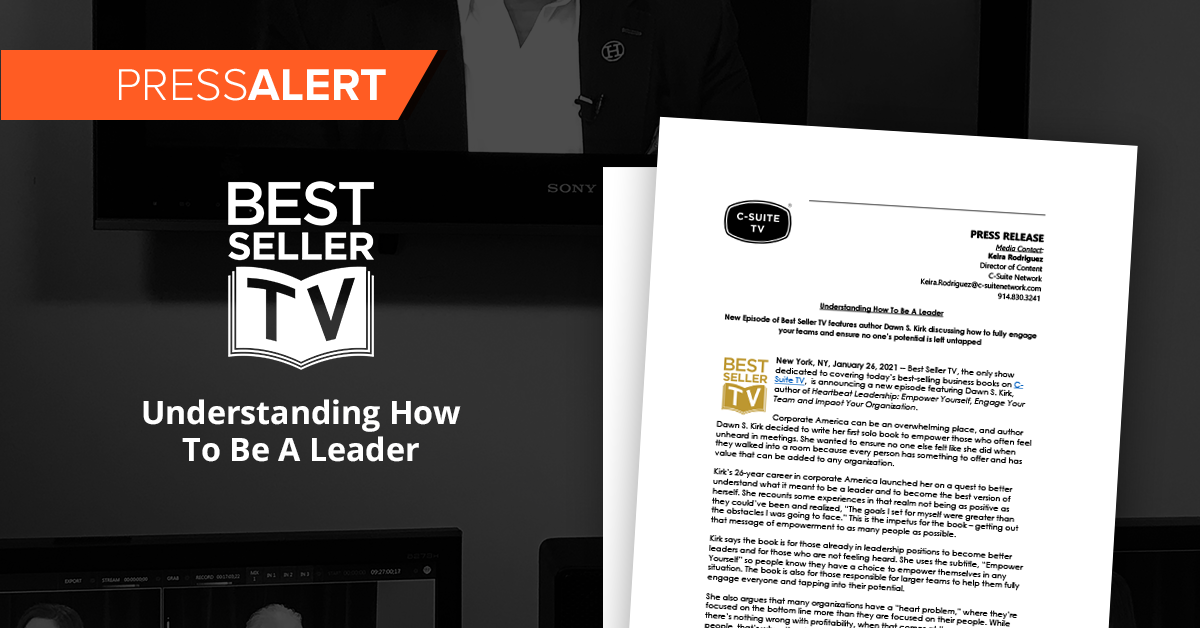
5 Things You Can Learn from a Service Failure
5 Things You Can Learn from a Service Failure https://csuiteold.c-suitenetwork.com/wp-content/uploads/2015/03/8300005253_7da04e9eb6_z.jpg 640 480 C-Suite Network https://csuiteold.c-suitenetwork.com/wp-content/uploads/2015/03/8300005253_7da04e9eb6_z.jpgby Mark Sanborn
When I find myself getting really bad service, I try to extract lessons I can share with my clients.
There is a national chain of upscale seafood restaurants where I’ve always enjoyed dining. I took my family, my brother and sister-in-law and mother there to celebrate my youngest son’s birthday.
The experience couldn’t have been more goofed up: Slow service, wrong drink and food orders and much more. But that isn’t the point of my story.
A manager on duty did a splendid job of salvaging the situation. She comped our meal and gave me a gift certificate to use when I returned. I was thrilled.
Until, that is, I tried to recognize her. I filled out an extensive and cumbersome online form and got an automatic response that I’d hear from corporate within five business days.
I never did.
I called corporate and explained my frustration at wanting to acknowledge an employee for great service. The woman on the phone noted my frustration and said she’d “pass it on” and started to end the call.
Wouldn’t that require her getting my name and contact information? Oh yes. At my reminder, she took the information.
A few days later I got a call from the manager of the restaurant where we’d dined. He left a message. “Sorry I didn’t call earlier. I’m going out of town for a few days but I’ll call again when I return.”
He didn’t.
And when I tried to use the gift certificate, I was unpleasantly surprised with restrictions.
The irony? I had written a Five Friends blog about my favorite restaurants and included this restaurant chain. The ongoing frustrations made me reconsider, and I replaced it with another restaurant.
What are the lessons?
- Make it easy for customers to contact you. Sure, you want as much information as you can reasonably get, but if you ask for too much, it is off-putting.
- Keep commitments, period. If you say “within five business days” (not very quick), at least make sure it happens. When you say you’ll call back later, call back later. We’ve heard it forever, but some businesses still don’t get it.
- Make sure the cure doesn’t further aggravate the situation. If the gift card has restrictions, tell the patron at the time you present it. If your offer to make something right has limitations, don’t forget to explain them.
- Creating happiness is hard, but undoing it is easy. I really wanted to express appreciation for a good manager. It shouldn’t have been difficult to do. I went from happy to unhappy.
- Unhappy customers don’t refer you to others. And if they are really unhappy, they send them away. I like to remind clients that word of mouth can hurt you, but word of mouse can hurt you even more. I wanted to include this restaurant in my list of favorites, but after the experience I had, I couldn’t in good conscience.
Will I ever eat there again? Possibly. Will I eat there as frequently? Not likely.
Simple service failures result in lost revenue. It is avoidable. Just learn these lessons.
*This blog originally appeared at MarkSanborn.com
 Mark Sanborn, CSP, CPAE, is president of Sanborn & Associates, Inc., an idea studio dedicated to developing leaders in business and in life. Sanborn is an international bestselling author and noted authority on leadership, team building, customer service and change. Follow Mark on Twitter @Mark_Sanborn.
Mark Sanborn, CSP, CPAE, is president of Sanborn & Associates, Inc., an idea studio dedicated to developing leaders in business and in life. Sanborn is an international bestselling author and noted authority on leadership, team building, customer service and change. Follow Mark on Twitter @Mark_Sanborn.




